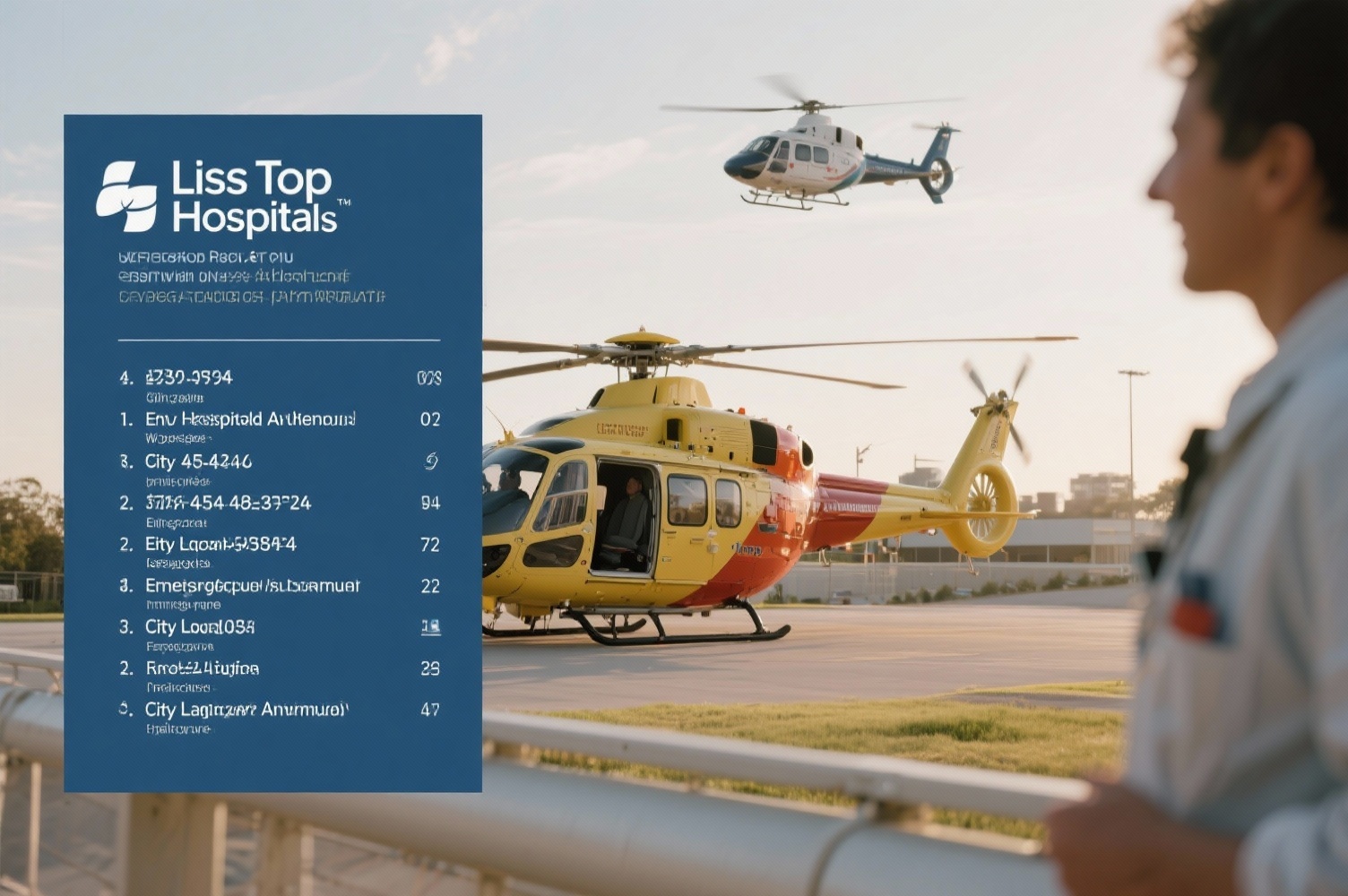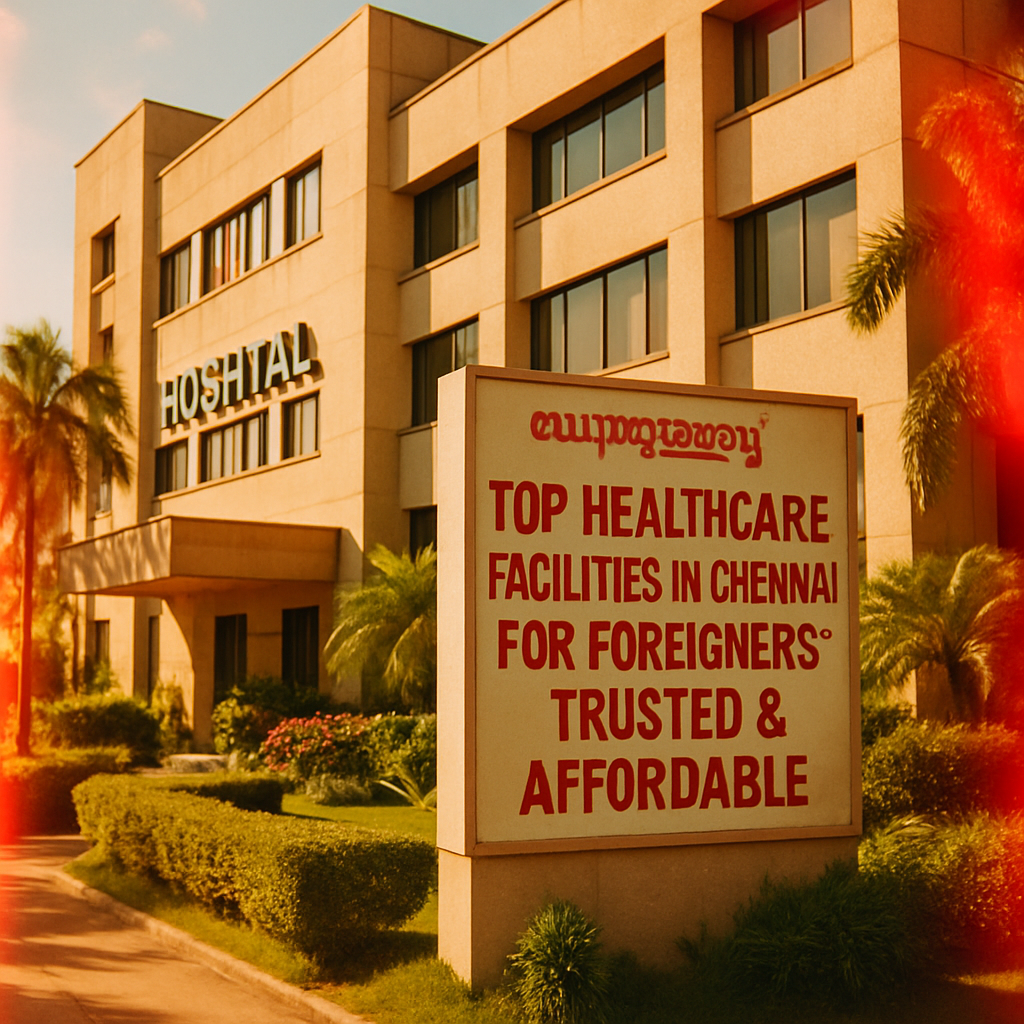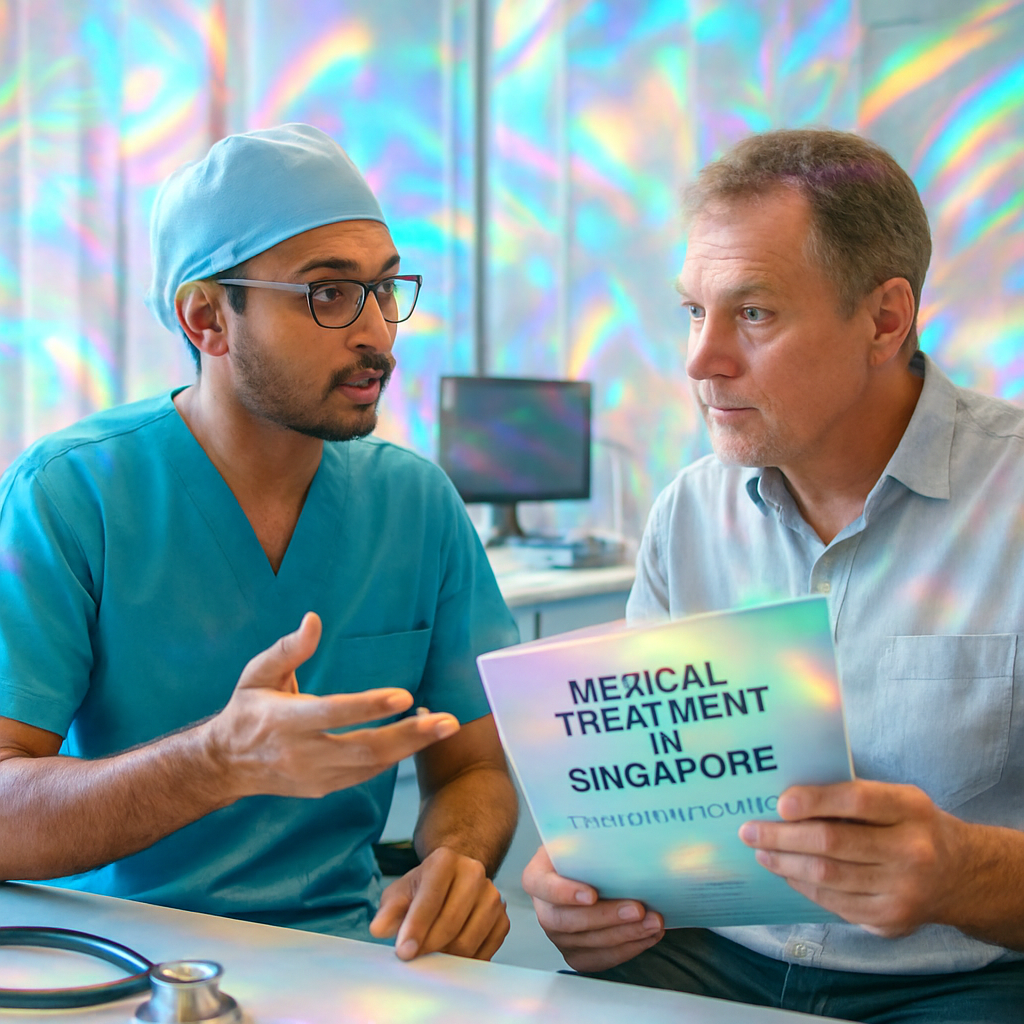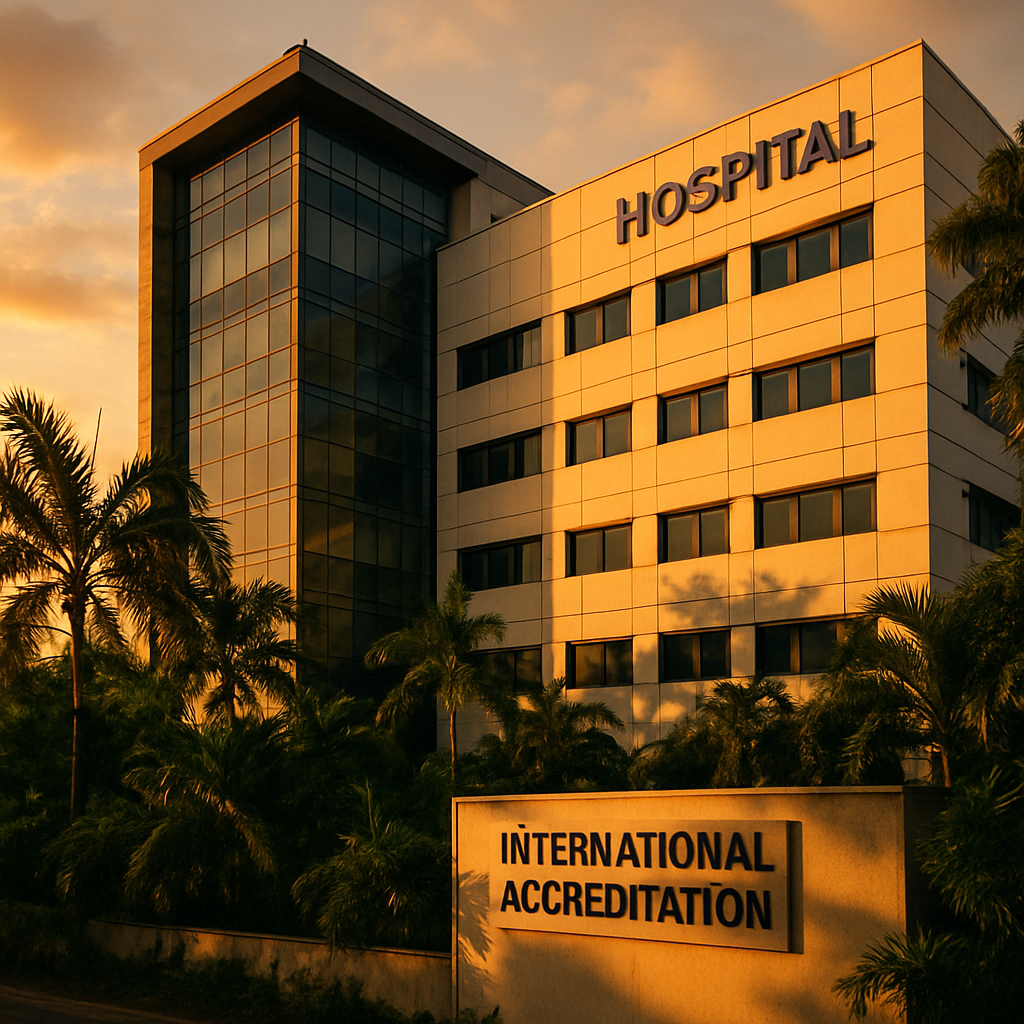Imagine having a tool that can see inside your body, revealing secrets that help doctors diagnose diseases early. Medical scans do exactly this, and they’re revolutionizing healthcare in India.
You might wonder how these scans work or how they impact your life. With the rise of advanced technology, medical scans are now more accessible and accurate than ever before. They offer a glimpse into what’s happening inside, helping doctors pinpoint issues like tumors, fractures, or infections with precision.
As you continue reading, you’ll discover how these powerful tools aid in detecting diseases, ensuring timely treatment and better outcomes. Knowing how these scans work can empower you, making you feel more informed about your health and the options available to you. Dive into the world of medical scans in India and unlock the secrets they hold for your well-being.
Advancements In Medical Imaging
Medical scans play a vital role in detecting diseases in India. They help doctors see inside the body clearly. These images assist in finding problems early, making treatment more effective.
The landscape of medical imaging in India is rapidly transforming, offering hope and precision in disease detection. Technological advancements have made it possible to diagnose conditions at an earlier stage, improving treatment outcomes. As you navigate through the world of healthcare, understanding these breakthroughs can empower you to make informed decisions about your health.
Evolution Of Imaging Technologies
Medical imaging has come a long way from the days of simple X-rays. Today, you have access to a variety of imaging techniques, each with its own strengths. CT scans, MRIs, and ultrasound have become household names, providing detailed insights into the human body. In India, the evolution has been marked by an increase in accessibility and affordability. Hospitals across the country now offer state-of-the-art imaging facilities. Have you ever considered how these advancements could impact your own health journey?
Key Innovations In India
India is not just a consumer of medical imaging technology; it is also a hub for innovation. Companies are developing cost-effective solutions tailored to the needs of the Indian population. Portable ultrasound machines and low-cost MRI scanners are examples of innovations making healthcare more accessible. These advancements are not limited to urban areas. Rural healthcare centers are increasingly equipped with these technologies. Imagine how this could transform healthcare delivery in remote areas, where access to quality medical care has traditionally been a challenge. The question remains: How can you leverage these advancements for better health outcomes? Whether it’s through regular screenings or exploring new diagnostic options, the tools are at your disposal.
Types Of Medical Scans
In India, medical scans play a crucial role in diagnosing diseases. These technologies help doctors view inside the body without surgery. Different scans offer unique insights and benefits. Knowing the types of medical scans is essential for understanding their applications.
X-rays And Their Applications
X-rays are among the oldest medical imaging techniques. They are effective for examining bones and detecting fractures. X-rays also help find lung infections and dental issues. They are quick and widely available in hospitals across India.
Mri: Magnetic Resonance Imaging
MRI uses magnets and radio waves to produce detailed images. It is ideal for examining soft tissues, like the brain and muscles. MRI helps detect tumors and monitor neurological conditions. This scan provides clear images without radiation exposure.
Ct Scans: Computed Tomography
CT scans combine X-rays and computer technology. They create cross-sectional images of the body. These scans are useful for detecting internal injuries and cancers. CT scans provide detailed images and are faster than MRI.
Ultrasound Imaging Techniques
Ultrasound uses sound waves to create images of organs. It is often used during pregnancy to check fetal health. Ultrasound helps examine heart, liver, and kidney conditions. This method is safe and does not involve radiation.
Role In Early Disease Detection
Medical scans play a crucial role in early disease detection in India. They help identify health issues before symptoms appear. Early detection improves treatment options and outcomes. Many diseases are diagnosed early through advanced imaging technologies.
Cancer Detection And Monitoring
Scans are essential in detecting cancer at its initial stages. They reveal tumors that are too small to feel. MRI and CT scans provide detailed images. These scans help doctors understand the tumor’s size and location. Monitoring scans track cancer progression. Regular imaging checks the effectiveness of treatments.
Cardiovascular Health Assessment
Heart scans assess cardiovascular health. They detect blockages in arteries. Early detection prevents heart attacks. Echocardiograms show heart function and structure. Scans identify areas needing immediate intervention. Doctors use these images to plan surgeries or treatments.
Neurological Disorders Identification
Brain scans are vital for diagnosing neurological disorders. They detect changes in brain structure. MRI scans identify tumors, strokes, and multiple sclerosis. Early detection allows timely treatment. Clear images help doctors decide on the best care plan.
Impact On Rural Healthcare
Medical scans play a vital role in detecting diseases in rural India. They help identify health issues early, improving treatment outcomes. Access to these scans supports better healthcare in remote areas.
In India, medical scans have become a beacon of hope, particularly in rural areas where healthcare access is often limited. These advanced imaging technologies are transforming how diseases are detected and managed, bringing a new level of healthcare to remote communities. But what exactly is the impact on rural healthcare, and how are these technologies reaching those who need them most?
Access To Imaging In Remote Areas
Access to imaging in remote areas has been a significant challenge. Many villages are far from urban centers where hospitals and diagnostic facilities are located. However, with the increasing focus on rural healthcare, initiatives are underway to bridge this gap. Imagine a small village where people had to travel miles for a simple X-ray. Now, local health centers are gradually equipped with basic imaging tools, thanks to government programs and NGO partnerships. This development means early detection of diseases, leading to timely treatment and better health outcomes.
Mobile Scanning Units
Mobile scanning units are a game-changer. These units travel to remote areas, providing crucial diagnostic services. They serve as a lifeline for patients who cannot reach urban hospitals. Picture a mobile unit arriving in a rural village, bringing state-of-the-art technology to the doorstep of those who need it most. This service not only saves time and money but also ensures that diseases are detected early. With mobile units, healthcare becomes a community affair, involving everyone from local health workers to the patients themselves.
Challenges And Solutions
Challenges in rural healthcare are numerous, including lack of infrastructure and trained personnel. However, solutions are emerging. Partnerships with private companies and government agencies are addressing these issues head-on. For example, training programs for local health workers are empowering them to use imaging technologies effectively. Collaborative efforts are also underway to improve infrastructure, ensuring that equipment is maintained and operational. What role can you play in supporting these advancements? Could volunteering or spreading awareness make a difference in rural healthcare? These questions not only invite reflection but also inspire action, ensuring that everyone can contribute to better healthcare outcomes in India’s rural areas.
Technological Challenges
Medical scans play a vital role in detecting diseases in India. They help doctors find health issues early, improving treatment chances. The use of advanced imaging technology assists in identifying conditions accurately and swiftly.
Medical scans have revolutionized the way diseases are detected in India, offering a non-invasive and accurate means of diagnosis. However, the implementation of these technologies faces several challenges. Let’s delve into some of these technological hurdles and explore how they impact the effectiveness of medical scans in the Indian healthcare system.
Cost And Affordability
Affordability is a major concern when it comes to medical scans in India. Advanced imaging technologies like MRI and CT scans come with hefty price tags. Many families find it difficult to afford these essential diagnostic tools. Insurance coverage often falls short of covering the entire cost, leaving patients to pay out-of-pocket. A friend of mine once had to choose between paying for her daughter’s school fees or getting a necessary MRI for her father. Situations like these are not uncommon and force difficult decisions. The high cost of scans can discourage timely diagnosis. How can we expect early detection when many cannot afford the test?
Infrastructure And Maintenance
Infrastructure poses another significant challenge. Many healthcare facilities in India lack the necessary infrastructure to support advanced medical scanning equipment. Urban areas might have access to these technologies, but rural regions are often left behind. Maintenance of these machines is another hurdle. Frequent power outages and lack of technical expertise lead to malfunctioning equipment. Imagine having a life-saving machine that doesn’t work when you need it the most. In smaller towns, the nearest fully functional scanning facility might be miles away. Such distances can delay diagnosis and treatment, impacting patient outcomes. Addressing these technological challenges is crucial for improving disease detection in India. What steps can be taken to bridge this gap? Your insights could be part of the solution.
Future Trends In Indian Healthcare
India’s healthcare sector is evolving rapidly. Advanced technology is driving this change. Medical scans play a crucial role in disease detection. They help in early diagnosis and treatment. The future of healthcare in India looks promising. Two major trends are emerging. AI and telemedicine are shaping the future. These technologies aim to improve access and accuracy.
Ai And Machine Learning In Imaging
AI is transforming medical imaging in India. It enhances image analysis. AI tools detect patterns that humans might miss. Machine learning algorithms improve diagnostic accuracy. These tools help doctors make better decisions. They reduce the chance of errors. Faster diagnoses lead to quicker treatments. AI can handle large volumes of data efficiently. This is vital for India’s growing population. AI also aids in personalized treatment plans. It adapts to each patient’s unique needs.
Telemedicine And Remote Consultations
Telemedicine is expanding access to healthcare in India. Patients in remote areas benefit greatly. They can consult doctors without traveling long distances. Remote consultations save time and money. They also provide timely medical advice. This is crucial in emergencies. Telemedicine platforms are user-friendly. Many offer video consultations and instant messaging. This technology bridges the gap between patients and doctors. It also reduces the burden on urban hospitals. More healthcare professionals can reach more patients. This trend is likely to grow in the coming years.
Frequently Asked Questions
How Do Medical Scans Detect Diseases In India?
Medical scans, like MRI and CT, visualize internal body structures. They help identify abnormalities, tumors, and organ dysfunction. Early detection of diseases like cancer and cardiovascular issues is possible. In India, advanced scanning technology enhances diagnostic accuracy, improving treatment outcomes and patient care.
What Types Of Medical Scans Are Common In India?
In India, common medical scans include MRI, CT, ultrasound, and X-rays. These scans aid in diagnosing various conditions. MRI and CT provide detailed images of internal structures. Ultrasound is often used for pregnancy and soft tissue evaluation. X-rays are essential for bone and chest examinations.
Are Medical Scans Safe For All Patients?
Medical scans are generally safe with minimal risks. MRI and ultrasound use non-ionizing radiation, posing no radiation risk. CT and X-rays involve low radiation exposure, carefully managed to ensure safety. Pregnant women and children may require special considerations. Always discuss concerns with a healthcare provider before undergoing scans.
How Accessible Are Medical Scans In Rural India?
Access to medical scans in rural India is improving but still limited. Urban areas have better facilities and advanced technology. Government initiatives and mobile health units are enhancing rural access. Efforts are ongoing to bridge the gap, ensuring timely and accurate diagnosis for all communities.
Conclusion
Medical scans play a vital role in detecting diseases early. They help doctors spot issues before they become serious. This leads to better treatment options for patients. In India, access to advanced scans is improving. This means more lives can be saved.
Scans such as MRI and CT are crucial tools. They are important for diagnosing various health conditions. With modern technology, healthcare continues to advance. Patients benefit from precise and quick diagnosis. Early detection is key to effective treatment. India’s healthcare system is making strides in this area.
Every scan counts.



